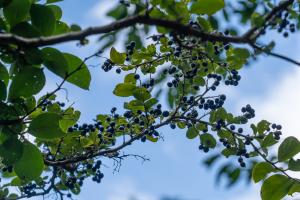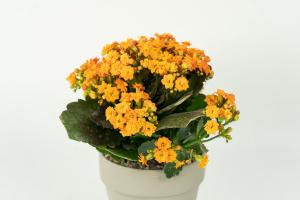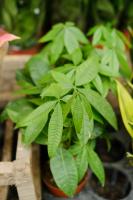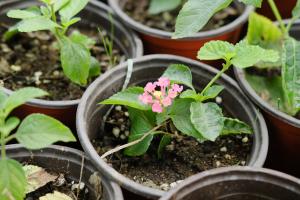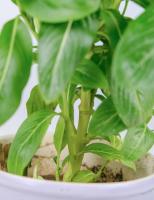Introduction
When it comes to planting a fig tree, choosing the best spot is crucial for its success. Fig trees are relatively easy to grow and require little maintenance, but they do need the right conditions to thrive. In this article, we will explore the key factors to consider when deciding where to plant a fig tree.
Climate
The first factor to consider is the climate of the planting location. Fig trees prefer warm temperatures and thrive in Mediterranean and desert-like climates. They can, however, tolerate colder temperatures depending on the variety. If you live in a colder climate, it’s essential to choose a hardy variety that can withstand the winter months. Fig trees also need a lot of sun exposure, so choose a spot that gets at least six hours of sunlight per day.
Soil
The next factor to consider is the type of soil in the planting location. Fig trees prefer well-draining soil with a pH between 6.0 and 6.5. They do not do well in compacted or waterlogged soil. Before planting, ensure that the soil has good drainage and that it’s not too heavy. If the soil is heavy, you can add compost or sand to improve drainage.
Location
Choosing the right location is essential for the success of your fig tree. Avoid planting near buildings or other structures that may block sunlight or create a wind tunnel effect. Fig trees should also be planted away from other trees, as they compete for nutrients and sunlight. Be sure to select a location that has enough space for the tree to grow and provide adequate shade. The tree should be planted at least 10-12 feet away from any structures or other trees.
Watering
Fig trees require regular watering, especially during the first year after planting. During periods of drought, the tree will require more frequent watering. When planting a fig tree, it’s vital to consider the location's water source. If the location doesn’t have access to regular water, you may need to install a drip irrigation system to ensure that the tree receives enough water.
Maintenance
Finally, it’s essential to consider maintenance when selecting a planting location. Fig trees require little maintenance, but they do need pruning to maintain shape and promote fruit growth. The location should also be easily accessible for harvesting fruit and removing dead or diseased branches. Make sure that you have the time and resources to maintain the tree before planting it.
Conclusion
When planting a fig tree, it’s important to select the best spot to ensure its success. Consider the climate, soil, location, watering, and maintenance when selecting a planting location. By choosing the right location, you can enjoy a healthy and fruitful fig tree for years to come.

 how many times do yo...
how many times do yo... how many planted tre...
how many planted tre... how many pine trees ...
how many pine trees ... how many pecan trees...
how many pecan trees... how many plants comp...
how many plants comp... how many plants can ...
how many plants can ... how many plants and ...
how many plants and ... how many pepper plan...
how many pepper plan...